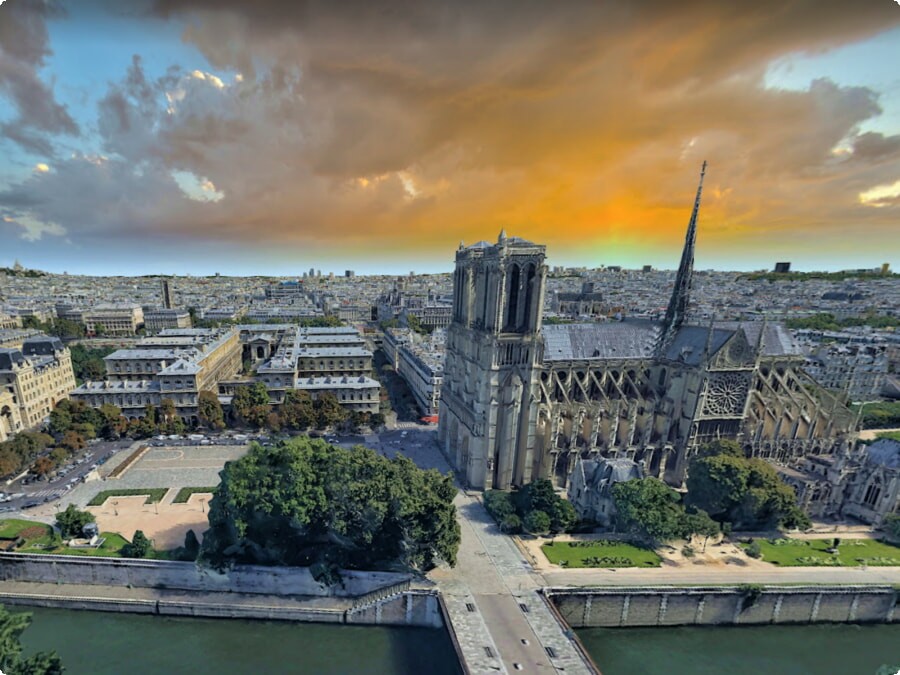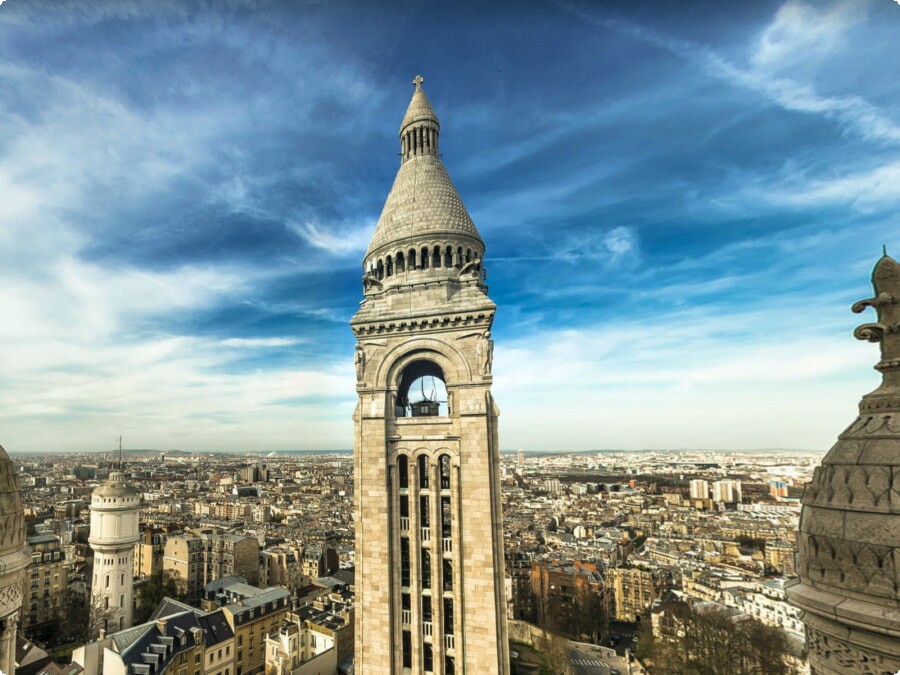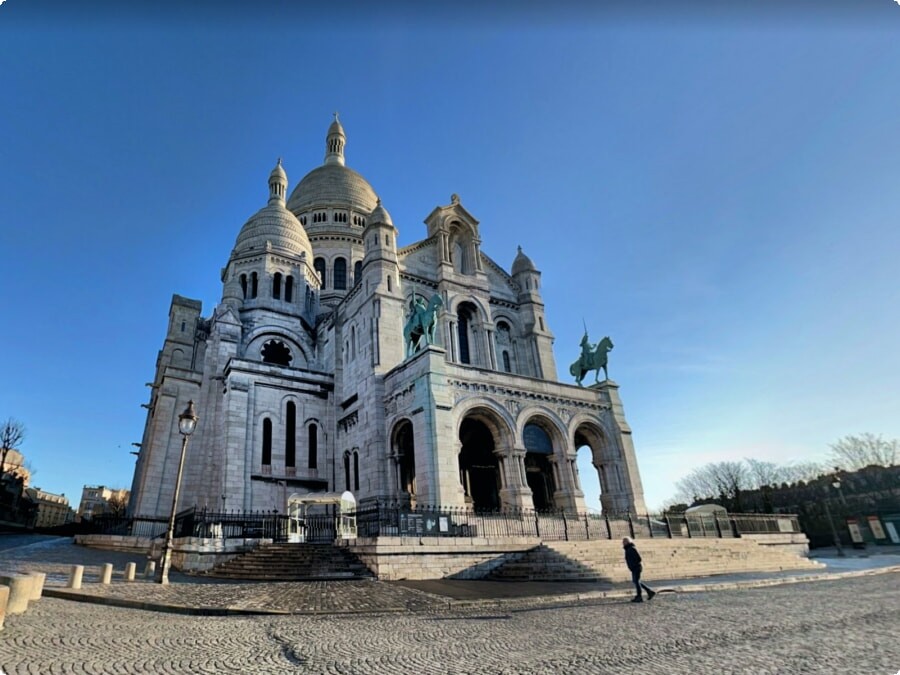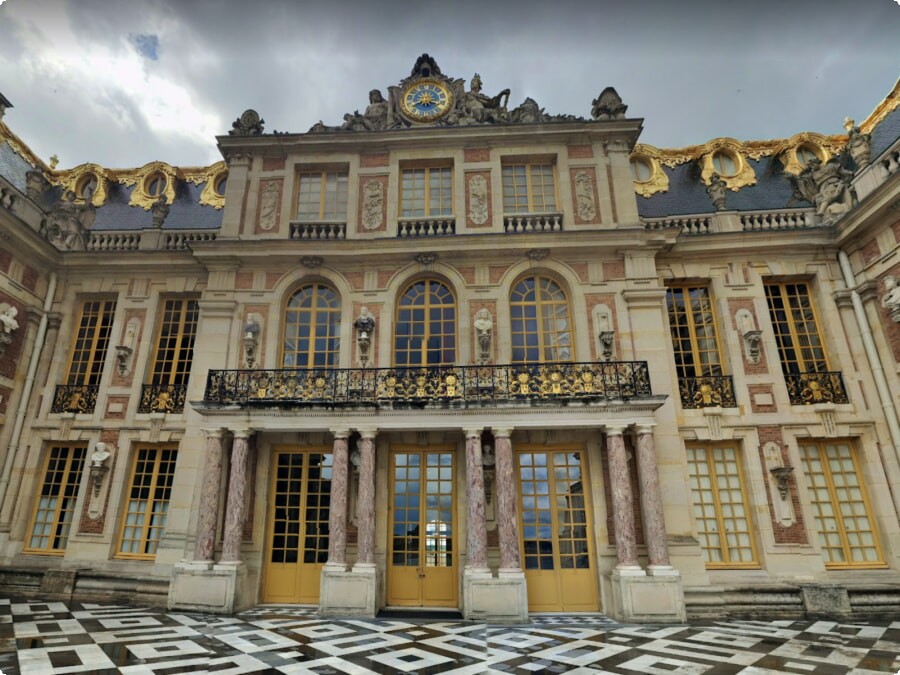Holidays in France
Holidays in France are based on religion, changes in the seasons and history. Many of them might seem familiar to you; for example, the French celebrate Christmas and New Year’s Eve.
But they also have a lot of other quirky holidays that might surprise you. Here are some of them:
Christmas
Whether you’re visiting Paris, Strasbourg or the Loire Valley, there is truly something magical about Christmas in France. From the ice skating at the Eiffel Tower to the traditional wooden chalets at the Paris markets, there is no shortage of holiday spirit throughout the country.
One of the biggest differences between American and French Christmas is that the latter usually celebrates on December 24th (or le reveillon de No
Most families will also have a nativity scene on display known as la créche. It will typically include a stable and figures of Saints or “des santons” made from clay, spun glass or plaster.
Other common traditions for French Christmas include a small present left in the children’s shoes and writing to Santa Claus (who always writes back!). And finally, the use of mistletoe is quite prevalent in some regions such as Provence where it is hung on the front door to bring good luck. Christmas trees are often decorated with red ribbons or simple decorations and some households even have a yule log on display.
For those who like to travel around France by car, there is an opportunity to get a rental car in all popular locations in France: at the main railway stations, in the city center, at the nearest airports. Tariffs may vary depending on various factors: the duration of the rental, the class of the car, the place where the car was received. For example, in CDG Airport you can rent a compact class car from 18 euros per day, and in Lyon from 17 euros per day.

New Year’s Eve
Like most countries in Europe, France celebrates the New Year on January 1st rather than December 31st. It’s known as Jour de l’An and also called Reveillon du Nouvel An (the feast of the New Year).
A quiet meal at home is usually the way to start this night, and you might have a few rounds of champagne too. It’s not uncommon for this night to last until the early hours of the morning.
At 8 pm, French citizens gather around their televisions to watch the President of France address them with his traditional New Year’s message called Les Voeux Présidentiels. He sums up the year’s main events, shares his vision for the upcoming year and of course wishes everyone une Bonne année.
Another tradition of New Year’s Eve in France is the exchanging of etrennes, which can be small amounts of money given to children from family members or bonuses given to those who regularly help out throughout the year such as house cleaners, concierges and garbage collectors. In Paris, the streets are filled with fireworks at midnight to ring in the New Year and there’s a concert held on the Champs-Elysees, usually featuring famous opera singers.

Easter
The most important of the Christian holidays in France is Easter, which is celebrated in France – as in many countries around the world – as a day for families to gather and enjoy food and fun. The most popular French tradition at Easter is egg hunting – known as ‘la chasse aux oeufs’. However, unlike in many countries, rabbits don’t hide the eggs in France. Instead, flying magic bells – the cloches volantes - drop chocolate eggs, bunnies and fish into children’s gardens for kids to find on Easter Sunday.
Vendredi Saint (Good Friday) is a meatless day for Christians, who eat un repas maigre - a vegetarian meal. On the evening before Easter Sunday, French children prepare nids or nests with moss and leaves in their backyards to welcome le lapin de Paques (Easter Rabbit) who will fill them with multi-colored eggs. The next morning on Le Dimanche de Paques (Easter Sunday), also called le jour de Paques, the cloches volantes return to drop eggs, chocolate and a whole host of other toys in children’s gardens for them to find.
Despite the fact that France is a secular society, it has an active community of self-declared atheists and non practicing Catholics who still celebrate Easter with joy and enthusiasm. The Monday after Easter is a public holiday called le Lundi de Paques.
Mother’s Day
Mother’s Day is widely celebrated around the world, but different countries have a different take on when to celebrate. For example, in the United Kingdom they have a holiday called Mothering Sunday in March. France, on the other hand, has a holiday honoring mothers that takes place in May.
Like in the United States, French moms are wished a happy Mother’s Day with a simple “bonne fete maman.” Many children make cards or crafts for their moms. They also prepare a special meal for their family – this could be as simple as cream of watercress soup or as fancy as a seafood dinner at a restaurant.
In addition to the meal, French moms typically get a few gifts from their children including a card, flowers, or perfume. Young children often make craft projects or write poems for their mothers. In addition, French mothers can expect to be treated to a glass of champagne or wine.
The French word for mother is ma mère, and they might also address their grandmothers as ma belle-mere or gra-mere. When speaking to your mother in French, use the form of address that is most familiar to you. For example, if you’re a son, call her mon fils, and if you are a daughter, call her ma fille.

Bastille Day
Named after the storming of the Bastille prison in 1789, this summer celebration is France’s biggest national day. Also known as La Fête nationale or le quatorze juillet, the holiday commemorates the demise of the Bourbon Monarchy and a new era of political freedom in France.
A parade of military forces carries on the tradition of the storming of the Bastille, and fireworks are set off throughout the city in honor of the event. Many people also celebrate by throwing large, open-air block parties with family and friends. Paris hosts the largest and most famous parade on the Champ de Mars, where tens of thousands of people crowd around a statue of Winged Liberty that evokes the mobs that swarmed the site two centuries ago.
While the parade may not look as dazzling as an American Fourth of July, it still holds its own significance. And, of course, no holiday in France would be complete without a lavish meal that is eaten on picnic blankets, chairs, or tables spread out in gardens or backyards. While the meal varies by region, it typically includes baguettes and bottles of wine. For a true French touch, try lamb merguez sausage from North Africa paired with a cooling yogurt dip spiked with harissa.
La Fête Nationale
Known as La Fête nationale (literally, National Celebration), or more commonly as Bastille Day or Le Quatorze Juillet, it commemorates the storming of the Bastille prison in Paris on July 14, 1789 at the beginning of the French Revolution. It is also a day to celebrate the unity of the people.
This is a national holiday in France, so postal offices, museums and most shops will be closed. However, restaurants, bakeries and some supermarkets are usually open. The Metro and RER services will operate but will be busier than usual around the Champs-Elysees and Eiffel Tower.
The main event is the huge military parade on the Champs-Elysees, which began in 1880 and is one of the oldest annual parades in Europe. The French president and other high-ranking politicians greet the troops along the way. Low-flying military jets roar overhead in a spectacular flyby, and everyone sings l’hymne national (the national anthem), La Marseillaise.
A huge fireworks show follows the parade. Many families picnic in the parks with bread, cheeses, smoked meats, pastries and summer fruit. Some people will play sports such as petanque. Others will simply enjoy a relaxing day off with friends and family, oblivious to the complex story behind July 14. (Try saying "artificial fires" in French: pyrotechniques). Unlike English, months aren’t capitalized in French.

Nuit Blanche
The capital city of France hosts a free all night art event that is known as Nuit Blanche, or “White Night”. This event was first launched in Paris in 2002 and has since become an international cultural phenomenon. This event is held annually on the first Saturday of October and showcases all sorts of different artistic projects throughout the city.
In order to enjoy all of the works that are showcased at this event it is recommended that you plan ahead and have a map of the city to guide you. Also, don’t forget to engage with fellow attendees during the festival. This is a great way to expand your knowledge of art while connecting with new people from all walks of life.
One of the most famous attractions during this event is the lighting displays hosted at many of the city’s most prominent landmarks. These displays range from traditional forms of lighting such as candles and lanterns to state of the art projection mapping and digital animations.